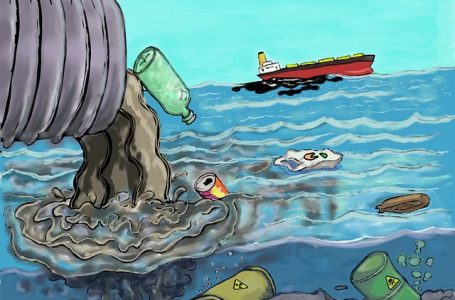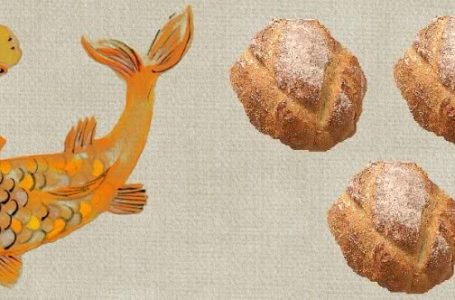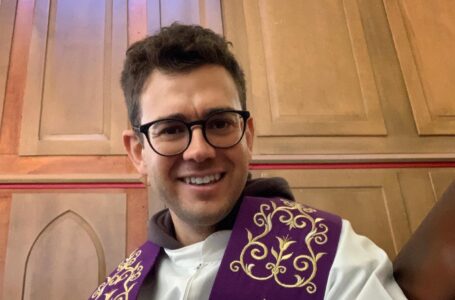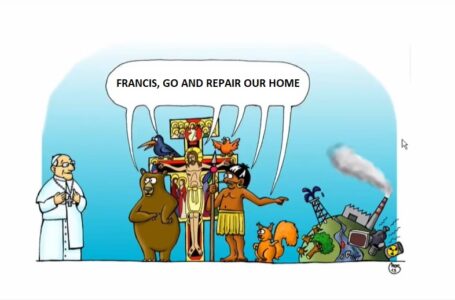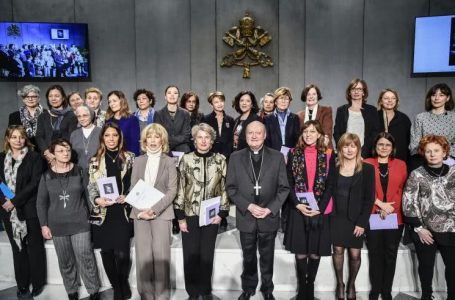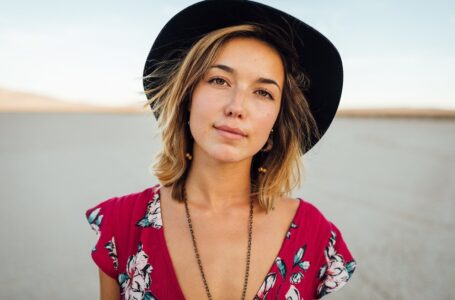Frate Jacoba House: An Experience of Faith & Farming
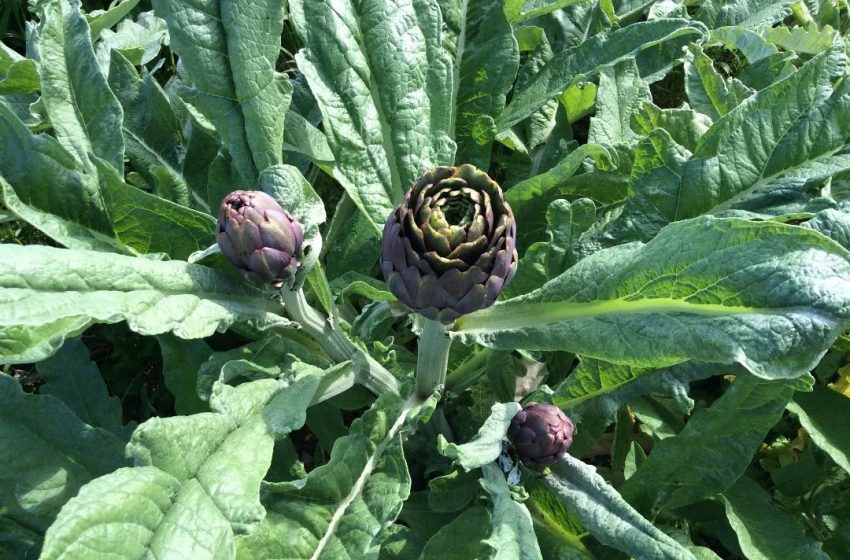
Artichokes from Frate Jacoba House, Malta.
If you are interested in the relationship between faith and farming Fr Mark Ciantar is the one to talk to. Born and bred in the densely populated town of Ħamrun, Fr Mark Ciantar realised his dream when in 2007 he moved to the fields of Marsascala in the southern part of Malta, where he joined forces with four others and started an open community based on the principles of sustainable living. They grow their own food and their house, Frate Jacoba House, is also home to adolescent and young people who are passing through a difficult phase in their life, especially the challenge of homelessness. From Frate Jacoba House in Marsascala, Malta…
Farming as physical and spiritual nourishment
Fr Mark has cherished nature since he was a young boy. “I remember keeping all sorts of pets at home and a small roof garden. I then chose biology at school and that was it. My interest grew with me and I wanted to become a biology teacher.”
Fr Mark sees farming as a way to physically sustain his community by providing food and also as a means of spiritual nourishment: “Farming provides an opportunity to our youngsters to discover the beauty of touching crops covered with morning dew, savouring the sweet smell of freshly ploughed soil, gazing with awe at honey bees working tirelessly on myriads of multi-coloured flowers. This is our way of sharing the gospel message with all, especially the most needy. Our world is desperately craving for inner peace, and we want to give it freely.
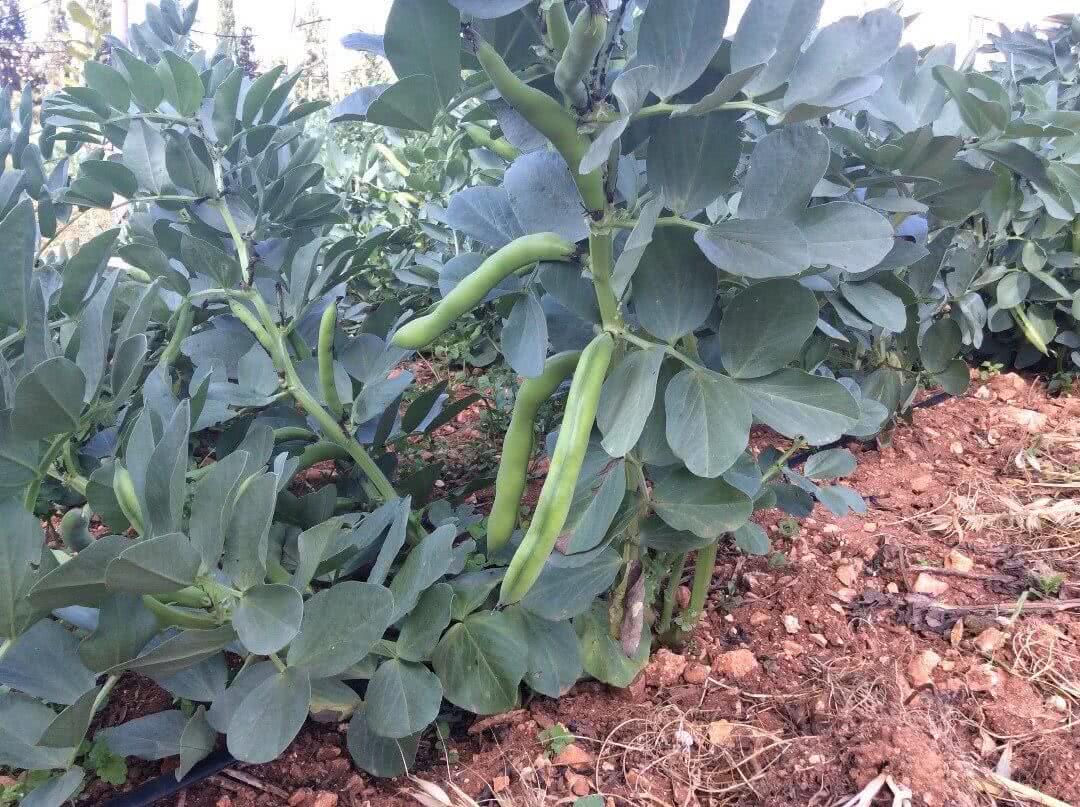
A semi-wild environment
He is not just a normal farmer. He insists that it is done in a sustainable way. So I asked if he has an organic certification: “No, we don’t. I mean don’t get me wrong. Organic is a very good start but here we do not use anything, not even the fertilisers which are allowed to be used in organic farming. We want to totally respect the ecosystem. We use permaculture.”
Permaculture seeks to conserve bio-diversity. This means that a variety of products needs to be sown in one field, patches of soil should be left to grow wild, animals left to graze more wildly thus obtaining a more natural manuring system. So how does this permaculturalist deal with insects and pests? “For example, I did have a problem with white butterflies laying eggs under the brassica leaves. But as the trees around grew attracting more birds the problem diminished, having the birds eating what they found under the leaves. So Fr Mark’s crops grow beautifully and deliciously in this semi-wild environment.”
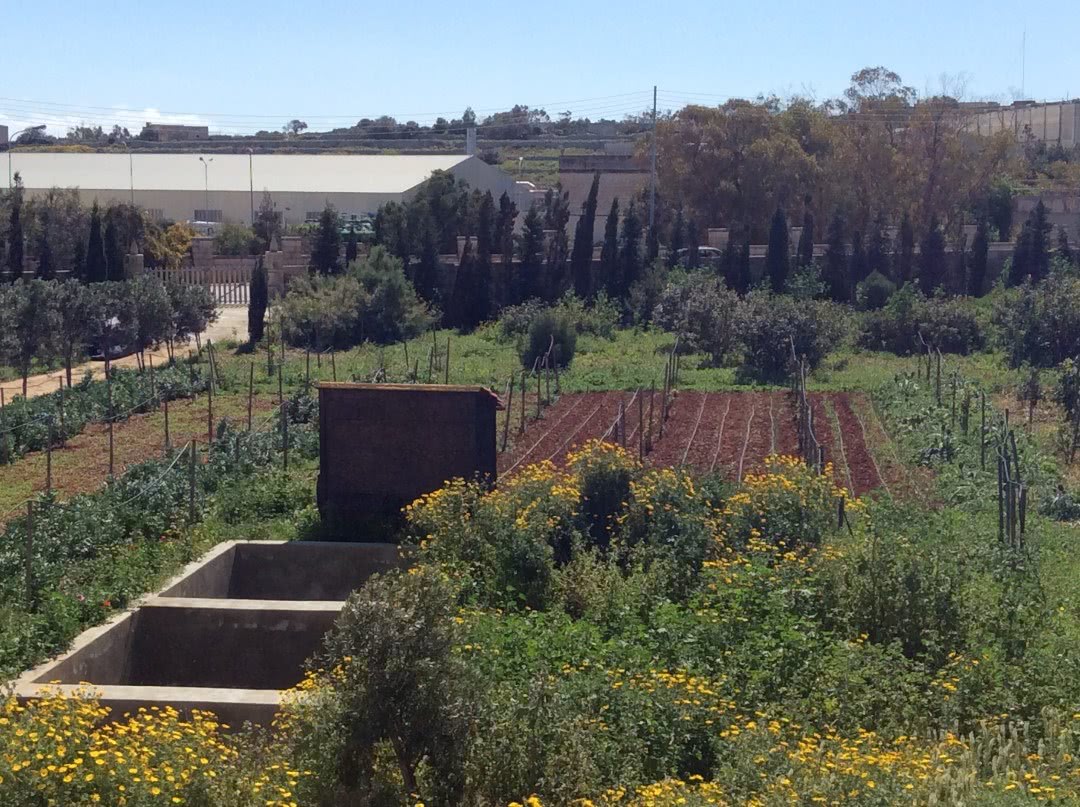
“Sustainability is looking beyond the present moment”
I ask him if permaculture is a conservative way of doing things or if it is the way forward: “The idea that permaculture refuses modern day technology is completely false. In fact, one of the most salient aspects of this project is the huge amount of research we do. We explore ways of working hand in hand with nature, and that includes also the aid of modern tools that help us to conserve precious energy with the minimum of impact on the environment in general. Permaculture is a rediscovery of ancient wisdom, applied to our concrete circumstances.”
He believes that if we realise that we are part of a bigger story, we might become more respectful and thoughtful of others: “Sustainability is looking beyond the present moment. You can grow local and with organic standards, without having an inkling of what respect towards ourselves and future generations is. It is not just the farming; we need to rediscover a lifestyle, understand that we are only an insignificant fraction of an immense universe, that we have been created, not self made.”
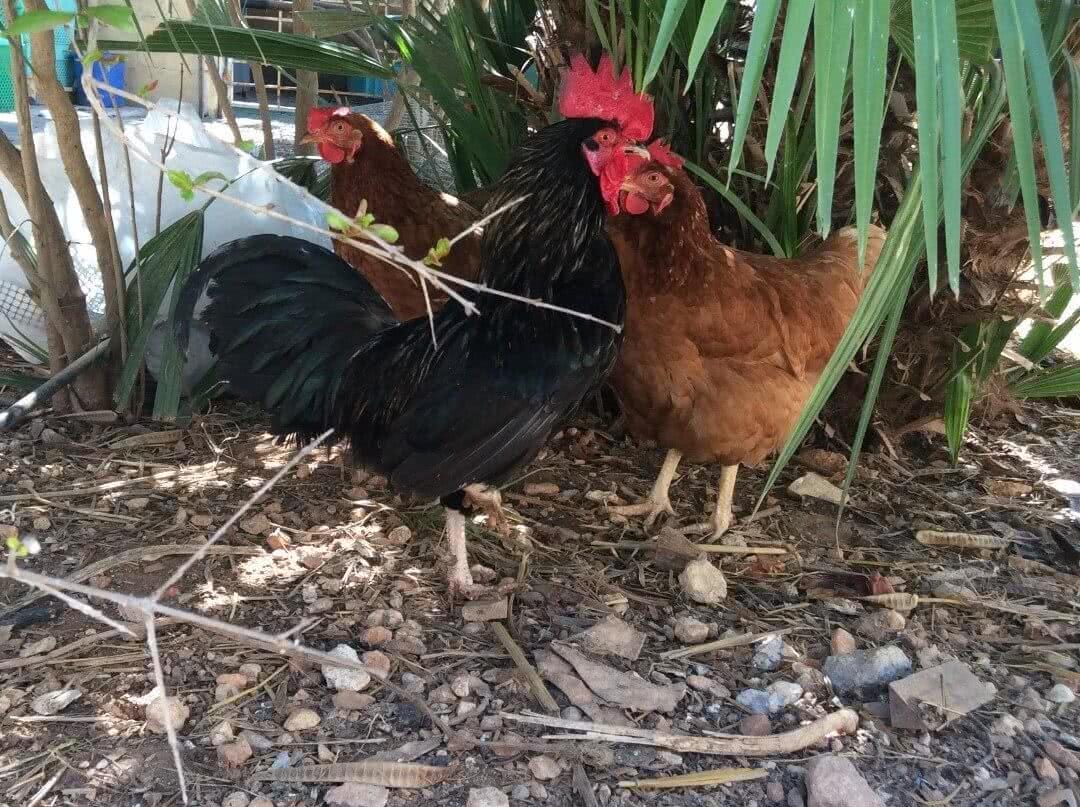
What about those who live away from nature or without even a garden in their house?
“You can be connected to the whole of creation if every opportunity is taken to cultivate love everywhere. Anything can represent such an occasion: choosing where to live, choosing how to live, choosing with what to live, choosing with whom to live. This boils down to simple every day choices like choosing where to buy, what to eat, etc. It’s the vision that counts; the rest follows.”
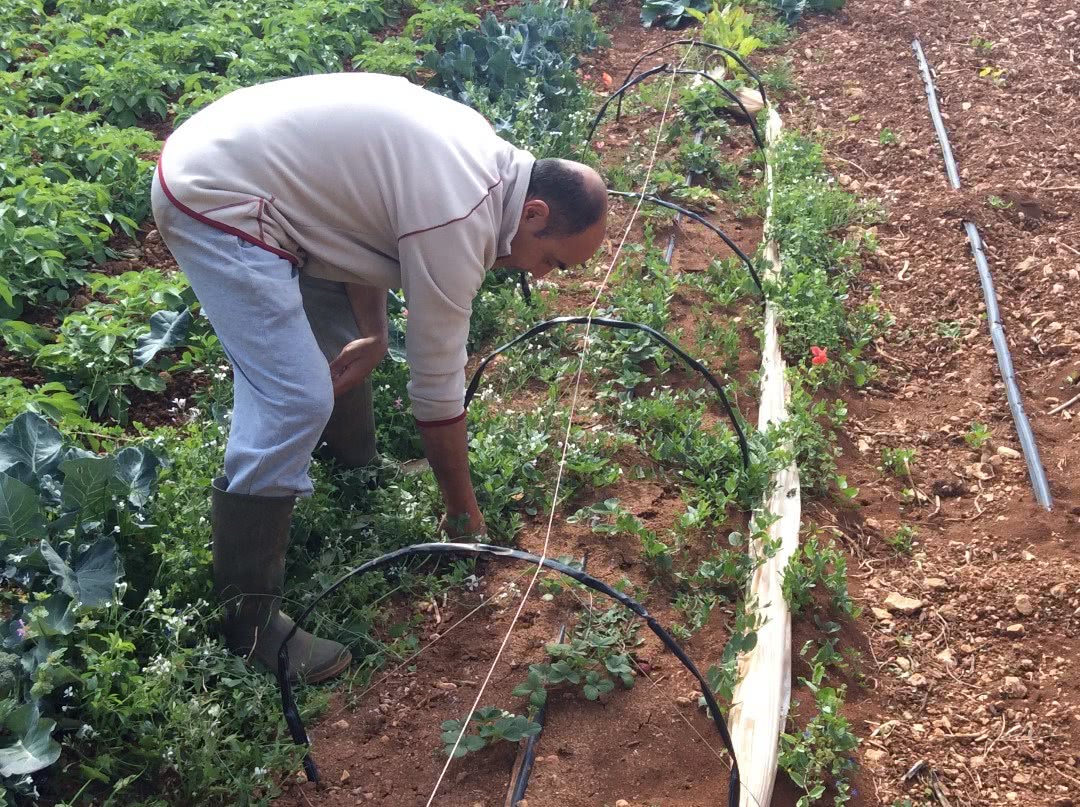
No violence on one’s character
Fr Mark believes that there is a link between faith and farming, between loving one’s neighbour and loving nature: “Pope Francis is talking about integral ecology. You cannot love man without loving his home. Our effort with homeless youth is to provide the right environment for them to rediscover the immense beauty within themselves. We give them back what has already been given to us. It’s like putting a seed in the soil.. the rest is up to the seed. No violence. The young come to understand that they can dance to the same rhythm they observe in nature, and find inner freedom.”
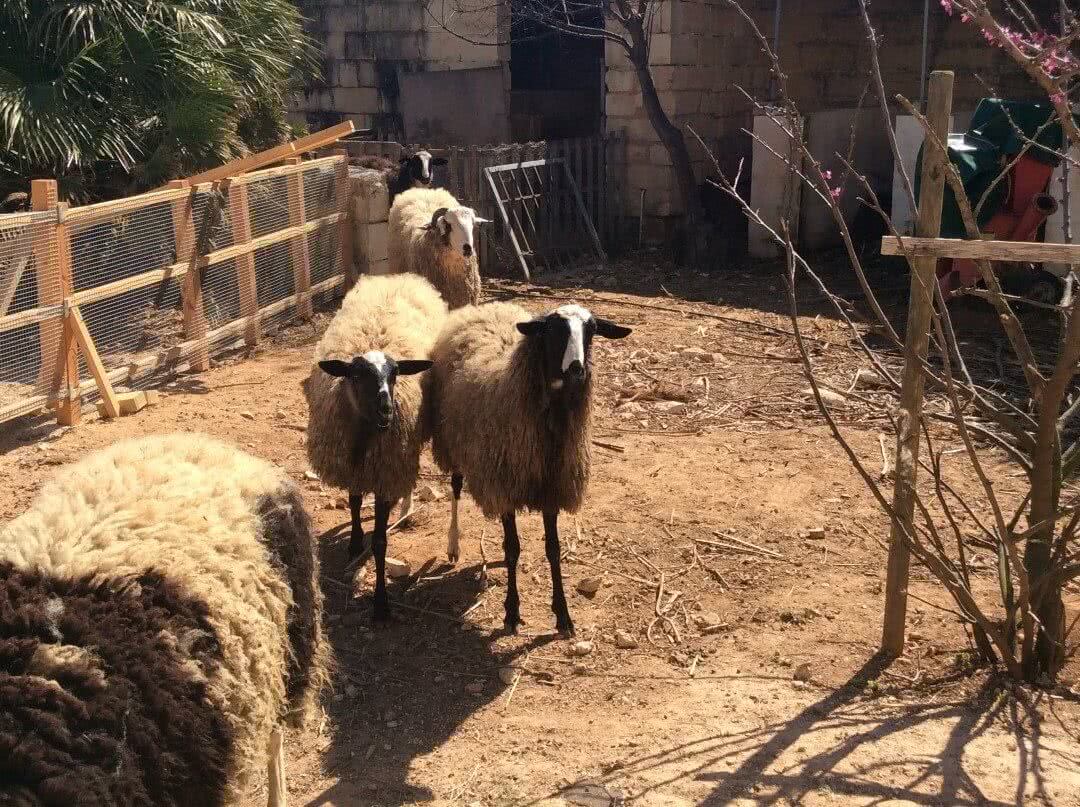
The project has grown immensely in the past ten years even though Fr Mark admits that these past ten years have been a great learning curve in many ways. “There is so much newness and unicity in this project as there is nothing of the sort here in Malta, you are constantly learning. We are in dialogue with experts who help us. Also, this project has grown thanks to volunteers, donations and sponsorships.”
Fr Mark speaks of an ever increasing interest from the general public in what they are doing: “People tell us that somehow they are attracted to us, that they feel their heart at home, even if it’s their first visit. We listen to them and reflect. We have arrived to the conclusion that Frate Jacoba House is offering an alternative lifestyle to what most of the people out there are living. It seems to be a true remedy for individualism, isolation, solitude, alienation and all types of spiritual ailments that are besieging our people today. But this obviously burdens us with a responsibility: that of walking the road with all that befriend us, continuing the road together, learning from each other, finding ways of living the same ethos, rooted in one’s concrete situation.”
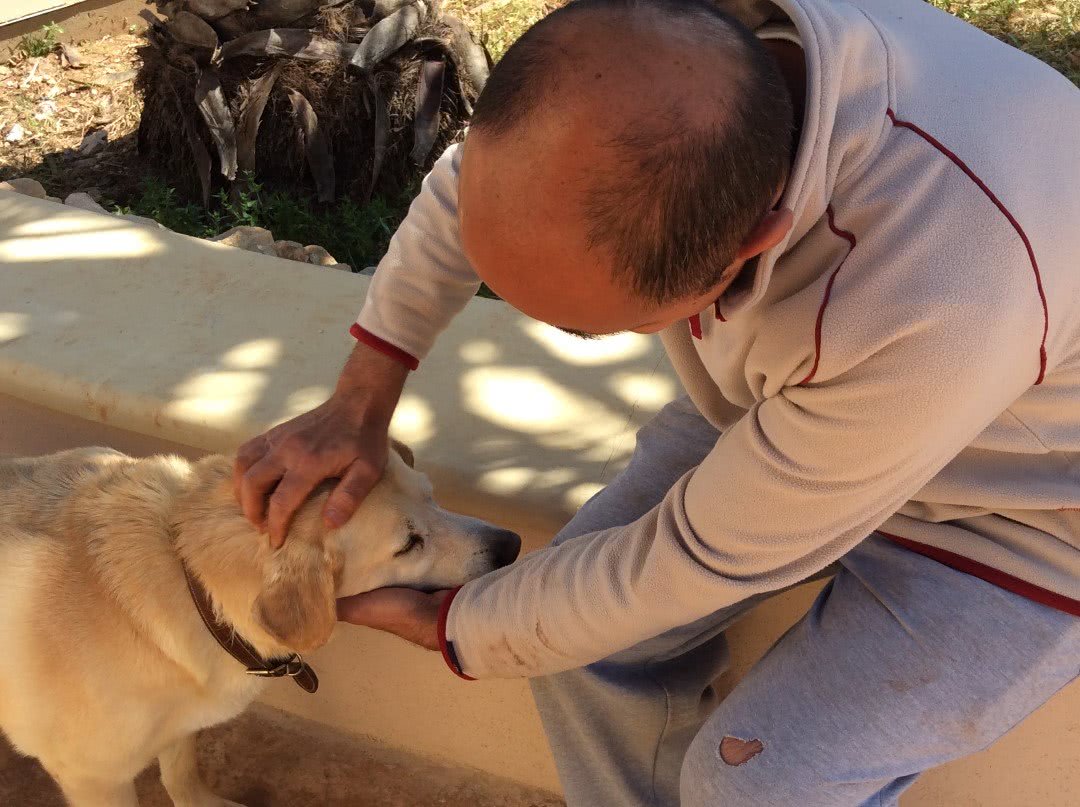
It’s not how much you pray but that your life becomes a prayer
There is so much to do in this house, so I ask Fr Mark how he nourishes himself and if he does get tired: “Of course I do! Physically yes, but not in spirit. Franciscan spirituality teaches us that it is not about how much you pray, but that your whole life becomes a prayer. Naturally this is a journey, and we have means to achieve this end. We have community prayer once a day. Personally, I wake up before dawn, spending the first hour of my day in solitude. It keeps me focused. I remind myself of my journey and seek the necessary power to go on,” he replies with a smile.
Fr Mark closes with a comment about faith and farming from the founder of his order, St Francis, who is a source of great inspiration to him: “Francis walked the same road before us. In his own way he had discovered that the gospel message is a true way of life that makes sense. Without expecting the whole world to change, he endeavoured to make of himself a new creation. And he succeeded. So many, up to our own age, look up to him as a complete man, reconciled with himself, with humanity, with creation, with the Creator.”
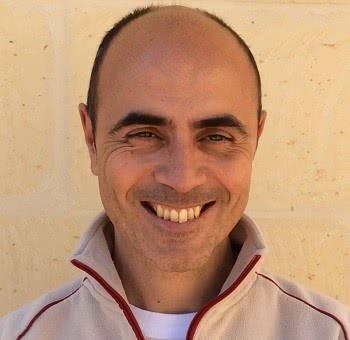 Frate Jacoba House welcomes those who wish to pay a visit on their own, in groups or with their families. It also hosts meetings, conferences, retreats and prayer sessions for groups of 25-50 people. Further information can be obtained from their Facebook page Dar Frate Jacoba
Frate Jacoba House welcomes those who wish to pay a visit on their own, in groups or with their families. It also hosts meetings, conferences, retreats and prayer sessions for groups of 25-50 people. Further information can be obtained from their Facebook page Dar Frate Jacoba
Read More:
Introduction to Permaculture, Bill Mollison, Tasmania, 1991.
Permaculture: A Designer’s Manual, Bill Mollison, Tasmania, 1988.
The One-Straw Revolution, Fukuolka Masanobu, New York, 1978.
